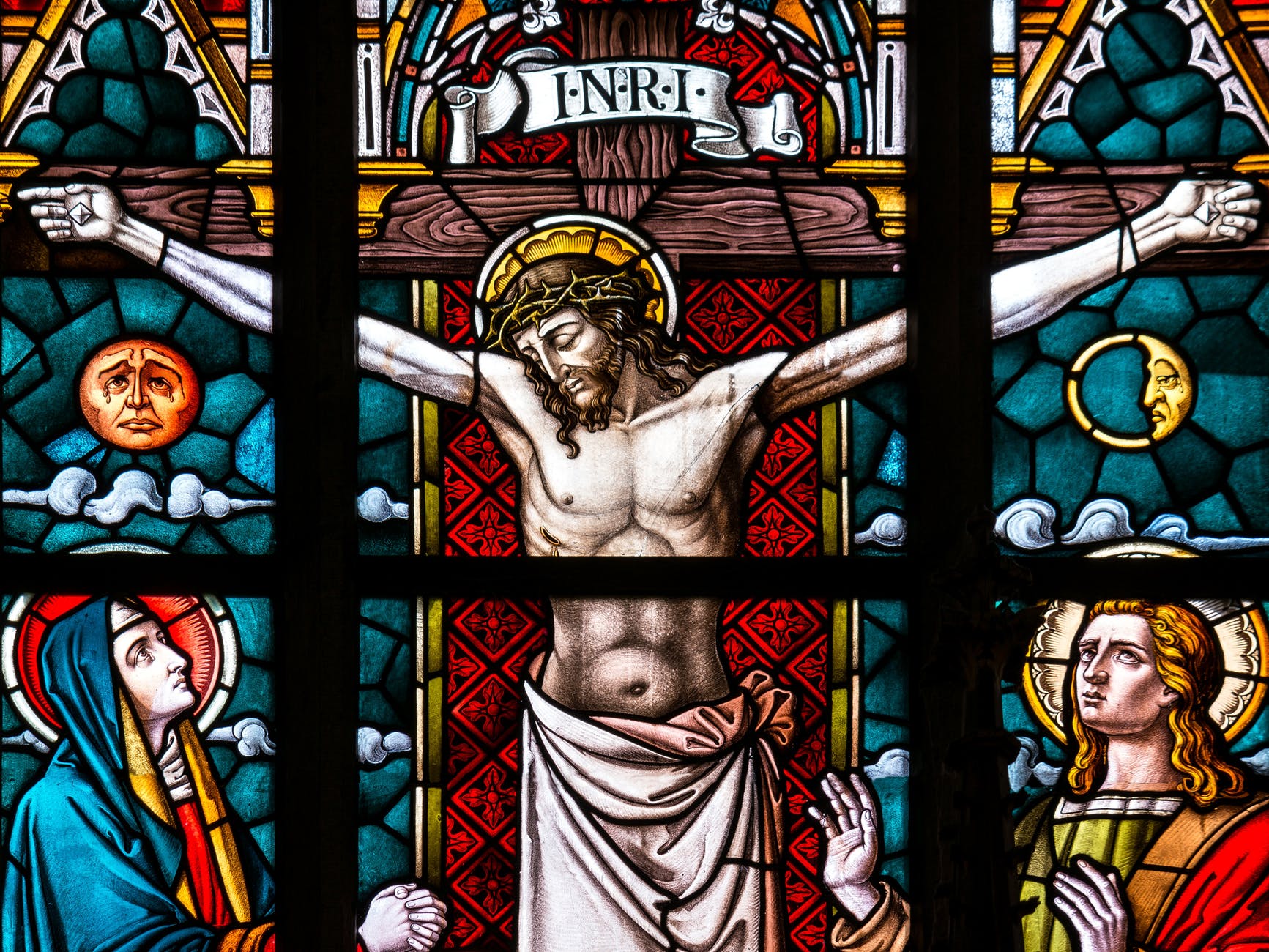by Zach Tollen
Instead of perceiving God as unambiguously good, try thinking of God as just another person, a person with his (or her – I’ll use the male pronoun for convenience, because it’s traditional and it’s easiest for me) own will and goals, that may or may not align with yours at a given time. Imagine that this person has control of your unconscious self, and also the rest of the world in its totality – that’s a lot, I know! The only thing left to you is what you are able to control through conscious thought. We are actually able to control very little. There is a wide range of things that are partially under our control, and partly not under our control. These things would therefore, according to this definition, contain some admixture of God’s and your own will. While the separation is not always clear, we can just acknowledge that such mixed things exist and move on.
Notice that there is no guarantee in the above definition of God that God likes you, loves you, or has a plan for you. There is no explicit rejection of that possibility – God may or may not like you, love you, or have a plan for you – but there’s no insistence on it either. We just don’t know. To believe that God loves you or has a plan for you would require faith in some aspect of God that may or may not be justified. I do not need such faith. My definition of God allows God to exist regardless of what plans – cruel or otherwise – he might have for me.
I can tell you why this definition is useful to me.
I see many people becoming successful in the world through various means, using combinations of talent, perseverance, and luck to succeed. But none of these mechanisms has ever worked for me. It’s embarrassing, I know – would you want to be me?!
When I try to copy other people, I fail. Perhaps with more support and guidance and luck, I might have already found the right people to guide me. I could copy something from them, and enter into society with the approval of a job (or many jobs) well done. The downside of this, to acknowledge it right away, is that it is unoriginal and a little boring, but that downside generally pales in comparison to the upside: social acceptance, money, increased attractiveness to short- and long-term mates, and other powerful desirables associated with being socially accepted.
But none of the available options for copying other people has worked for me. The blame may well rest on my shoulders: I may be weak-minded, stupid, lazy, or some combination thereof, wherein I could have chosen otherwise, but I didn’t. Or the blame could rest in my environment: I might have had bad luck with my family, society. Even if the problem is that I have bad genes, which would seem to be my fault, is having bad genes really any given person’s fault? Where you place the blame for my life depends on how you look at it, but my life is the same regardless.
The events of my life have led me to have a lot less faith in my conscious ego than more successful and less struggling people seem to have have in theirs. These people pick a desirable goal, with some kind of corresponding social status as a reward, and pursue it. The effort is successful enough for them to retain their faith in their relationship with their ego. “Ego” here means “their own free will.”
But my ego has rarely found something that it could latch onto. Until I create something that gives me at least a modicum of success, I will not be able to say that my ego is good enough. I am trying right now, for example, to write an essay about “submission to the will of God” – this very essay! – and God willing, this essay will succeed, and I will get a social reward for it.
But I have tried so many times to create things that I think will succeed, to little avail, and my faith in my own ego is understandably weak as a result.
My definition of God is adapted, therefore, to my own experience. I define God as everything other than my ego. The great Swiss psychologist Carl Jung also happened to define God in this way. Here is his definition:
“To this day God is the name by which I designate all things which cross my willful path violently and recklessly, all things which upset my subjective views, plans and intentions and change the course of my life for better or worse.”
(Just so you know, Jung is a great hero of mine, and his views have allowed me to become more comfortable with my own. More on his view of God: https://thesethingsinside.wordpress.com/2013/01/07/carl-jung-says-god-is-reality-itself/)
So I would encourage people who are looking for a definition of God which does not require what the Christians used to call a “sacrificium intellectum” – a sacrifice of the intellect – to try this one. Believers in a good, all-powerful, all-knowing God will tend to perform various mental tricks to continue to allow the possibility of such a God in spite of the evidence against it. I can’t say for sure that their arguments are wrong. But one argument against them is that given such convoluted and unintuitive arguments – which often contain logical fallacies such as “appeal to authority” and “begging the question” – the very need for such arguments runs against Ockam’s Razor, which suggests that in the general case, the simplest explanation for a phenomenon is the correct one. The simplest explanation for cruelty in the world is that God is not Good – or at least not entirely so.
For someone like me, whose own ego is not very effective, I still need to rely on something outside myself in order to succeed, and in order to encapsulate the totality of all things outside my ego, I conceive of it as one thing, and call it by its traditional name, “God.”
I accept that God’s will may not be my own, and that I may fail in life and in my goals. But just the same I am learning to rely on God more and more, because I continue to think less and less of my own ability.


 So for me, living in sin doesn’t mean that actually doing evil things. Most people aren’t really that evil. Some are, but by that standard, maybe only 10 percent of people actually live in sin. The real issue is feeling bad. It’s as if someone or something watches over me, judging me NOT WORTHY.
So for me, living in sin doesn’t mean that actually doing evil things. Most people aren’t really that evil. Some are, but by that standard, maybe only 10 percent of people actually live in sin. The real issue is feeling bad. It’s as if someone or something watches over me, judging me NOT WORTHY. In
In 



